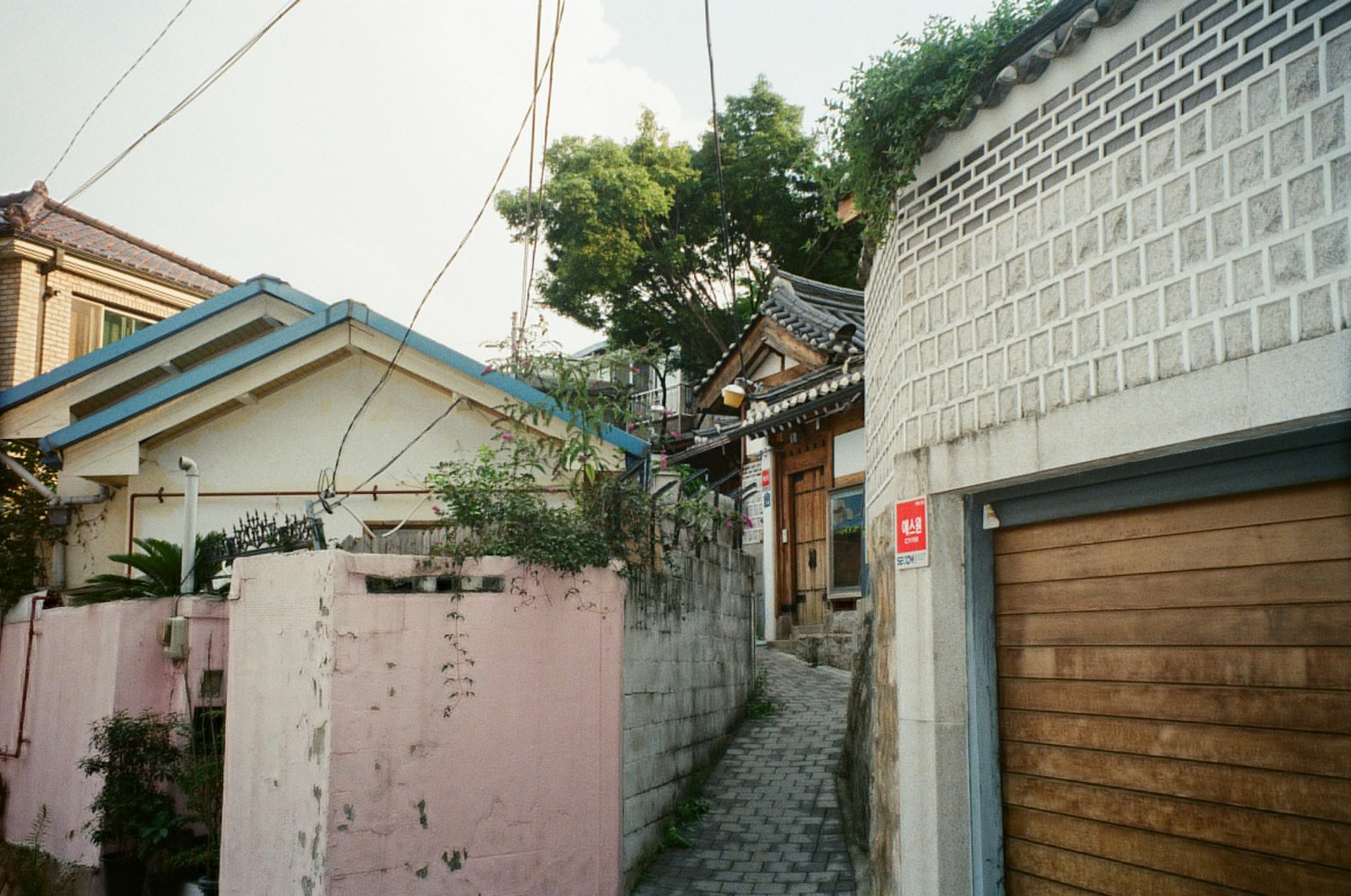Koreans in Georgia, Part 1: Between Two Worlds in a Small Southern Town

The landscape of the American South is dotted with small towns, each with a familiar rhythm: a historic main street, a busy courthouse square, and the ever-present water tower. But in many of these towns, there is another, quieter story unfolding—the story of Korean-American families who have built their lives and businesses here, becoming a unique part of the Southern fabric. For the first part of my series on Koreans in Georgia, I wanted to understand their experience.
I spent an afternoon speaking with the family who runs a small, busy dry-cleaning shop in a town not far from Statesboro. The parents, who came to the US in the 1990s, speak a mixture of English and Korean, their conversation flowing easily between the two. Their son, who is around my age, speaks perfect, unaccented English, but switches to fluent Korean when speaking with his parents. It is a linguistic dance I know very well.
The father told me why he chose this line of work. "It is honest work," he said in Korean. "You don't need perfect English to do a good job. You just need to be meticulous, to care about the quality. It's a Korean way of thinking." That dedication is clear. The shop is immaculate, and a steady stream of customers, all of whom he greets by name, come and go with their freshly pressed clothes.
He has become a beloved, if quiet, part of his community. But he also spoke of the deep sense of isolation he felt in the early years. He missed the food, the culture, the simple comfort of being surrounded by people who understood his jokes. For him, the monthly drive to the Korean markets near Atlanta is more than just a shopping trip; it's a vital lifeline to his identity.
His son's experience is different. He is, in many ways, a typical Southern teenager. He plays on the high school tennis team and talks excitedly about college football. But he also feels a constant, subtle pull between two worlds. "My friends here are great," he told me, "but there are some things they just don't get. Like why I have to go to my cousin's first birthday party, the doljanchi, even if it means missing a big game."
He is navigating a "third culture," a unique identity that is neither fully Korean nor fully American, but a complex and beautiful blend of the two.
What I saw in that small dry-cleaning shop was a story of incredible resilience. It's the story of a family navigating two worlds together. Watching them, I felt a pang of familiarity, a recognition of the same cultural dance I do every day, mixed with a deep longing for my own parents so far away in Korea. It is a story that is, in many ways, a different version of my own.
